As executives flee with warnings of danger, the company says it will plow ahead.
OpenAI CEO Sam Altman walks on the House side of the U.S. Capitol on January 11, 2024 in Washington, DC.‘s chief technology officer Mira Murati announced on Sept. 25 has set Silicon Valley tongues wagging that all is not well in Altmanland — especially since sources say she left because she’d given up on trying to reform or slow down the company from within.
It’s unclear what tipped Murati over the edge, but the release of o1 last month may have contributed to her decision. The product represents a new approach that aims not only to synthesize information as many current large language models do but reason out math and coding problems like a human. Those concerned with AI safety have urged more testing and guardrails before such products are unleashed on the public.
“AGI would cause significant changes to society, including radical changes to the economy and employment. AGI could also cause the risk of catastrophic harm via systems autonomously conducting cyberattacks, or assisting in the creation of novel biological weapons,” he. “No one knows how to ensure that AGI systems will be safe and controlled … OpenAI will say that they are improving. I and other employees who resigned doubt they will be ready in time.
OpenAI’s moves are giving industry watchdogs pause. “The switch to a for-profit solidified what was already clear: most of the talk about safety was probably just lip service,” Gary Marcus, a veteran AI expert and the author of the newly released book. “The company is interested in making money, and not having any checks and balances to ensure that it is safe.”
Ireland Latest News, Ireland Headlines
Similar News:You can also read news stories similar to this one that we have collected from other news sources.
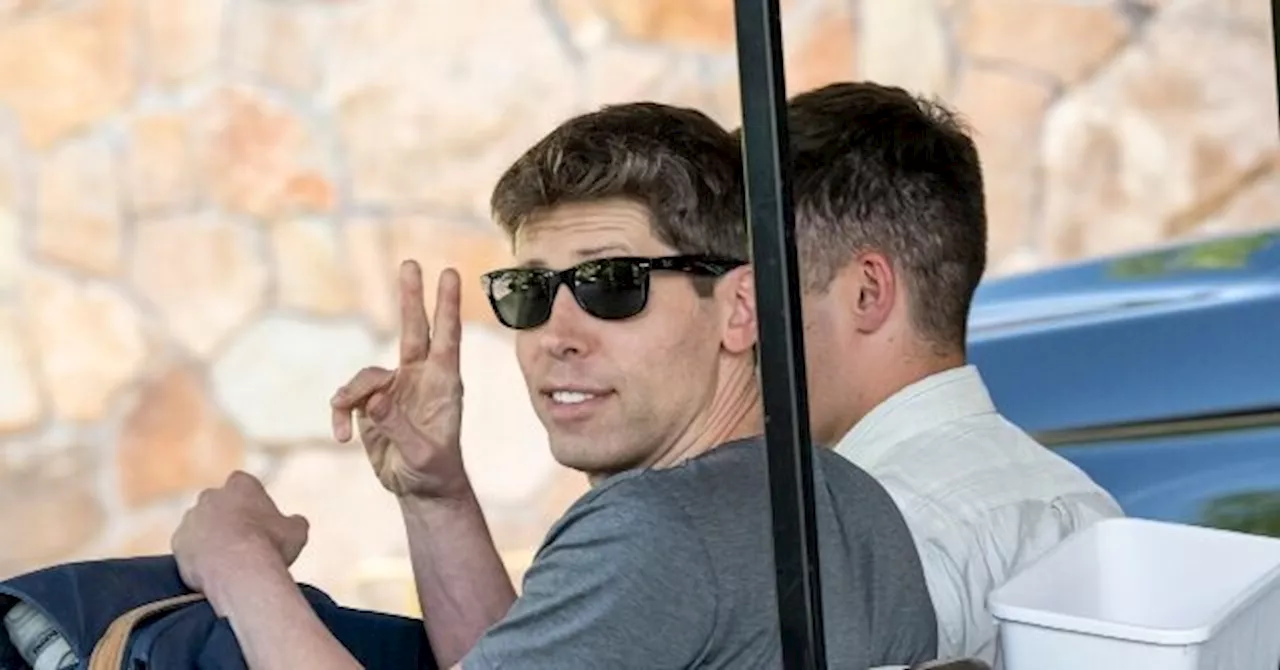 OpenAI Boss Sam Altman Consolidates His Power as *Another* Exec Departs, Org Mulls Going For-ProfitSource of breaking news and analysis, insightful commentary and original reporting, curated and written specifically for the new generation of independent and conservative thinkers.
OpenAI Boss Sam Altman Consolidates His Power as *Another* Exec Departs, Org Mulls Going For-ProfitSource of breaking news and analysis, insightful commentary and original reporting, curated and written specifically for the new generation of independent and conservative thinkers.
Read more »
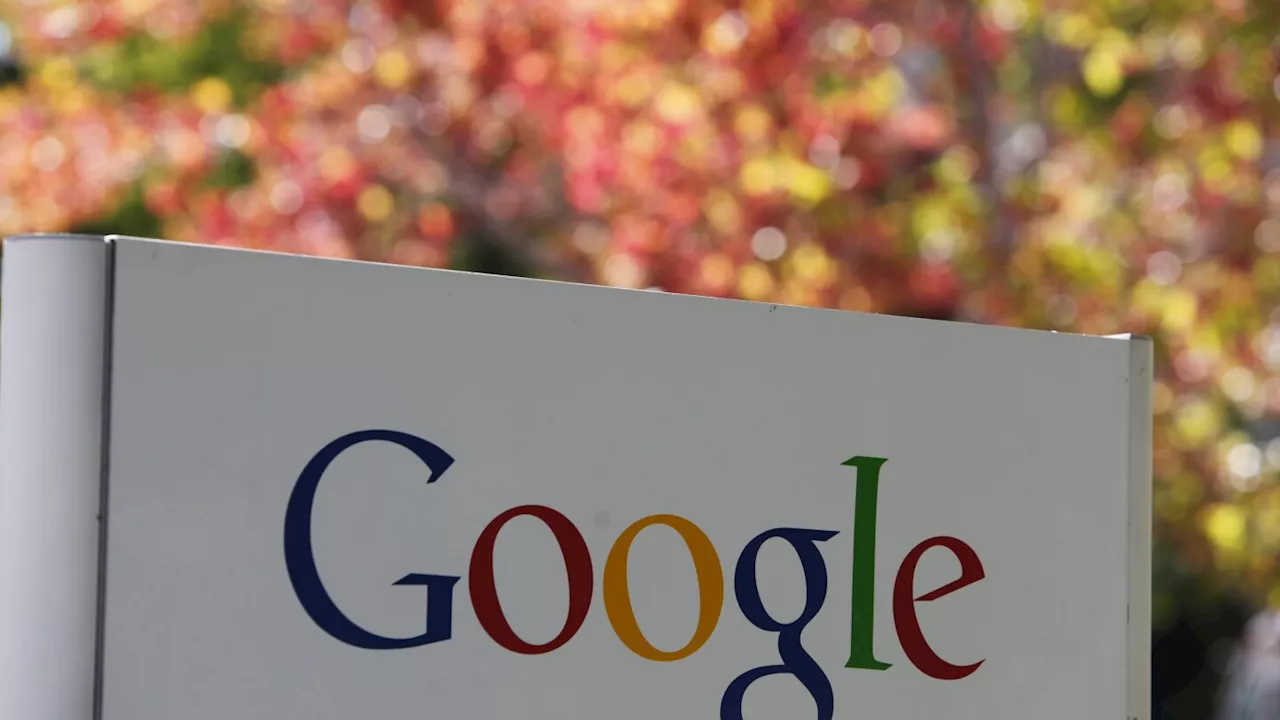 Going once, going twice: Google's millisecond ad auctions are the focus of monopoly claimAn ongoing trial may determine whether Google holds an illegal monopoly on the technology used to buy and sell certain types of advertising on web pages. Testimony at the trial in Virginia is taking a deep dive into the ways advertisers and online publishers buy and sell ad space that ultimately gets placed in front of consumers.
Going once, going twice: Google's millisecond ad auctions are the focus of monopoly claimAn ongoing trial may determine whether Google holds an illegal monopoly on the technology used to buy and sell certain types of advertising on web pages. Testimony at the trial in Virginia is taking a deep dive into the ways advertisers and online publishers buy and sell ad space that ultimately gets placed in front of consumers.
Read more »
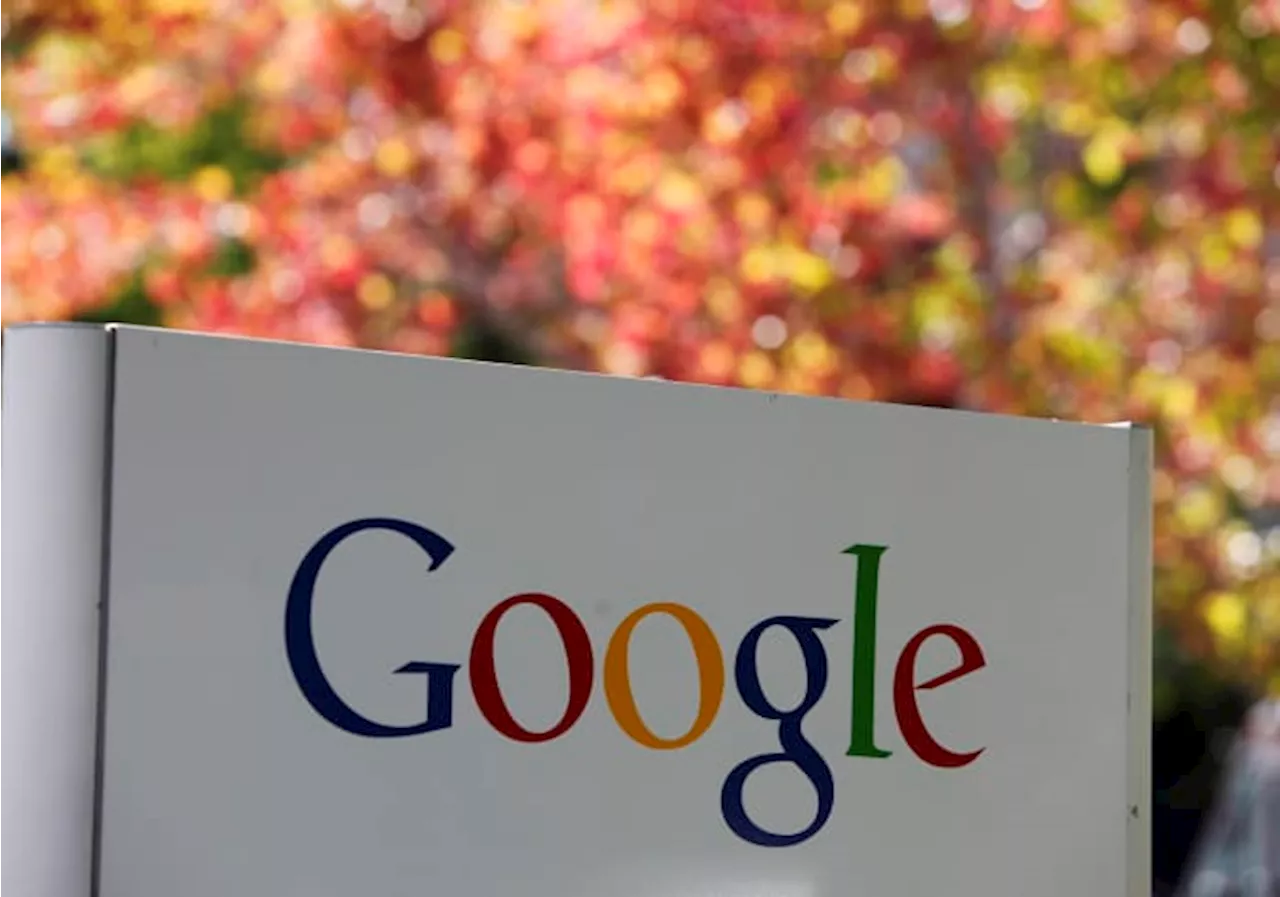 Going once, going twice: Google's millisecond ad auctions are the focus of monopoly claimAn ongoing trial may determine whether Google holds an illegal monopoly on the technology used to buy and sell certain types of advertising on web pages.
Going once, going twice: Google's millisecond ad auctions are the focus of monopoly claimAn ongoing trial may determine whether Google holds an illegal monopoly on the technology used to buy and sell certain types of advertising on web pages.
Read more »
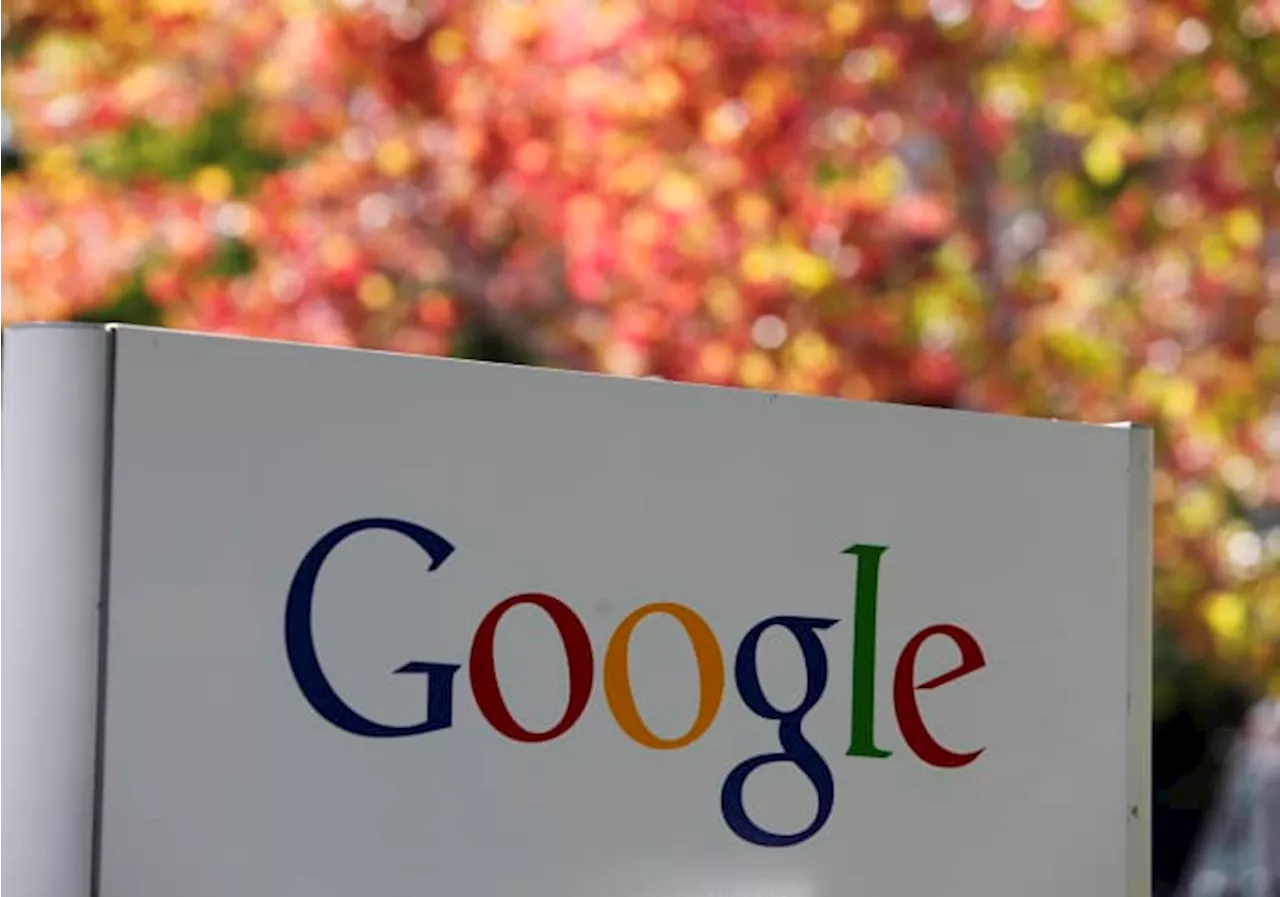 Going once, going twice: Google's millisecond ad auctions are the focus of monopoly claimAn ongoing trial may determine whether Google holds an illegal monopoly on the technology used to buy and sell certain types of advertising on web pages.
Going once, going twice: Google's millisecond ad auctions are the focus of monopoly claimAn ongoing trial may determine whether Google holds an illegal monopoly on the technology used to buy and sell certain types of advertising on web pages.
Read more »
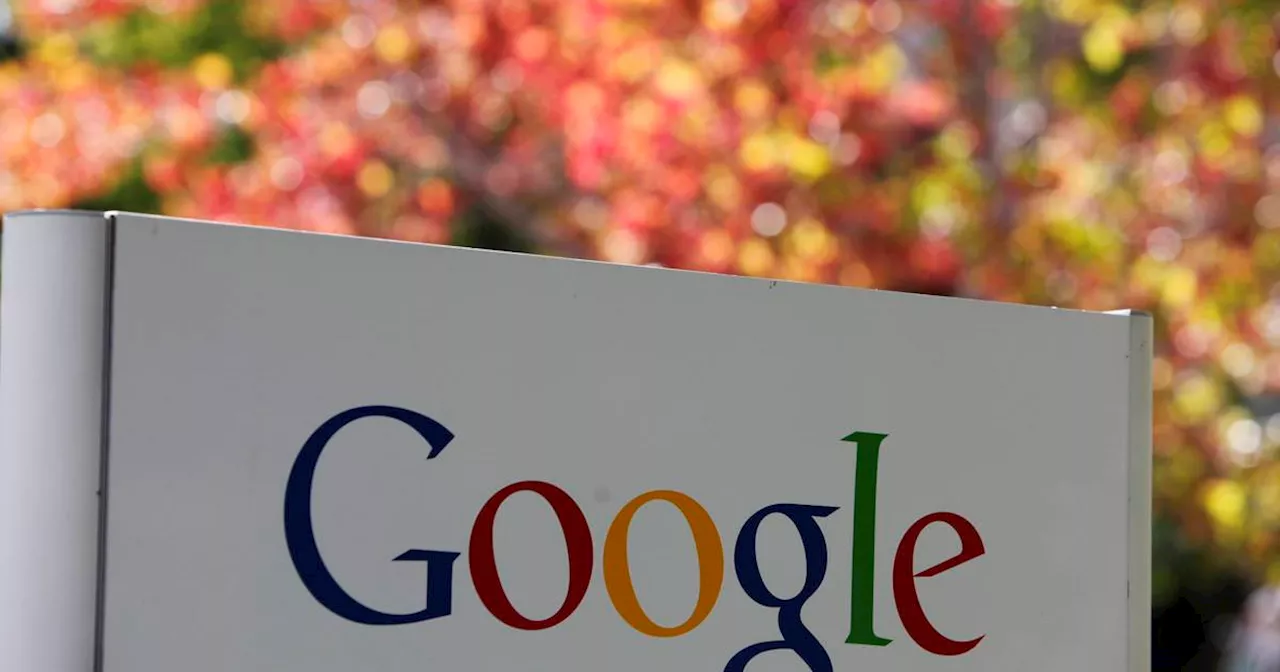 Going once, going twice: Google’s millisecond ad auctions are the focus of monopoly claimAn ongoing trial may determine whether Google holds an illegal monopoly on the technology used to buy and sell certain types of advertising on web pages.
Going once, going twice: Google’s millisecond ad auctions are the focus of monopoly claimAn ongoing trial may determine whether Google holds an illegal monopoly on the technology used to buy and sell certain types of advertising on web pages.
Read more »
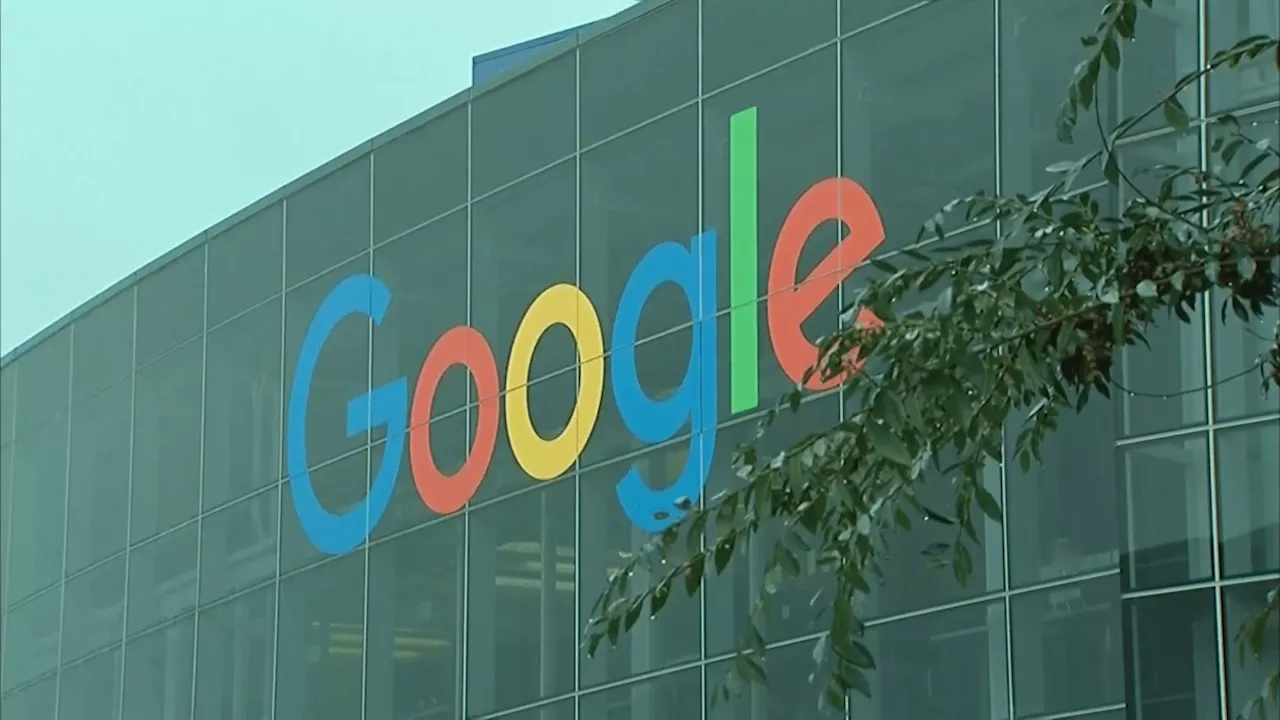 Going once, going twice: Google's millisecond ad auctions are the focus of monopoly claimThe Justice Department contends that Google essentially rigged the bidding in those auctions to favor its own products.
Going once, going twice: Google's millisecond ad auctions are the focus of monopoly claimThe Justice Department contends that Google essentially rigged the bidding in those auctions to favor its own products.
Read more »
